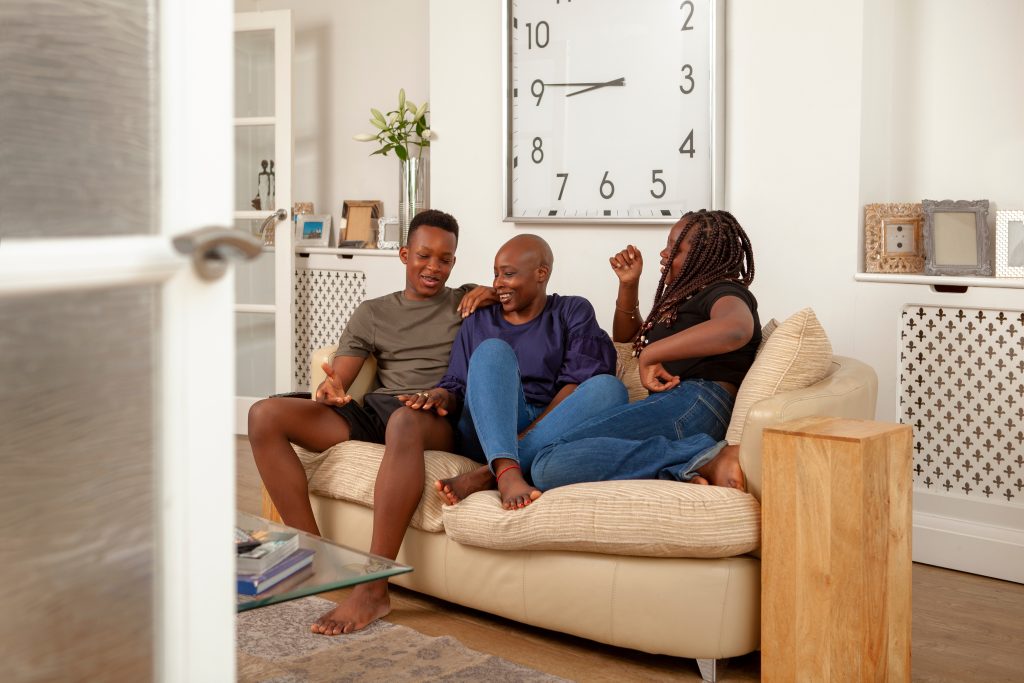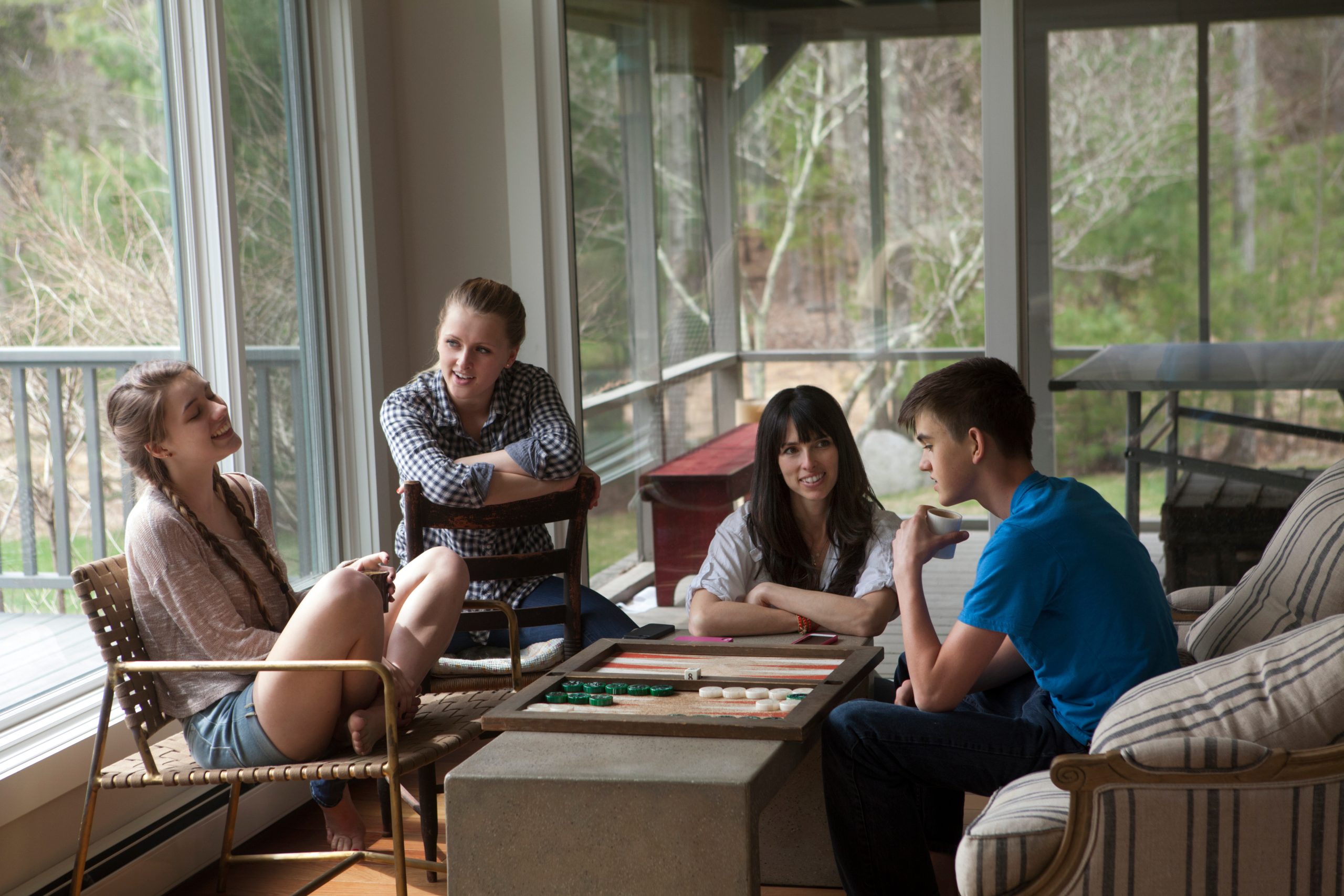Watching your child grow into a young adult is a massively rewarding experience. It is also a very challenging one and at times it can feel overwhelming.
Learning how to build a positive relationship with your teenager represents an important step toward meeting that challenge.
By actively developing a positive relationship with your teenager you will both be better placed to cope with hormones, relationships, sex and changes in behaviour.

Chat to your teen
Get into the habit of relaxed chatting. In a busy house it can be easy to talk to teenagers when we’re asking them to do stuff.
Taking the time to just talk can let them know you care about them.

Show interest in their life
Be interested in their life and their culture. Who are their friends? What do they love? What are their opinions about music, politics, the environment, religion, celebrities?

Listen to their point of view
Listen with your eyes as well as your ears, so that you can try to understand where they are coming from.
Whether the house is in uproar or feeling very calm, try to hear your teenager’s point of view first and avoid being judgemental.

Encourage open discussion about the ‘big issues’
Encourage a home where discussions about sex, drugs, peer pressure, alcohol, and money are safe.
Use anything to get the chat started – movies, books, Netflix, celebs, school chat about friends.
Avoid preaching and launching into a monologue about life according to you. Get your point across respectfully but remember that a conversation is an exchange of views and opinions.

Establish firm-but-fair rules and boundaries
Stick to firm-but-fair rules and boundaries.
What’s you and your partner’s position about key areas like going out and coming in, contributing to the household, chores, attitudes to others at home, parents, siblings? Are you both in agreement?

Ask yourself, “Is this argument really worth it?”
Work out what really matters in your family. Ask yourself, “Is this really worth it?”
Perhaps clothes, tidiness and table manners just aren’t worth picking a fight about right now especially when there are other bigger issues at play. Keep your powder dry for when it’s important.

Work as a team with your partner
Avoid making your different parenting styles a battleground. Work out any frustrations in private.
As two heads are so often better than one, you can tackle the issues together and work for what everyone wants. A happier household!

Recognise when you start to feel angry – then count to ten
Recognise and become aware of the first signs of your own anger. Take a minute, slow yourself down, and steady your voice.
Instead of blaming, describe the problem. If it all gets too much, take some ‘time out’ of your own to think about what has been said and what you want to say.

Be careful with your timing
Avoid starting a conversation with your teenager when either (or both) of you are tired, hungry, or in a rush.
Starting a difficult conversation in a calm environment lays the foundations for constructive dialogue.

Set an example: say sorry
Say sorry with no ifs and buts. Parents are the most influential teachers and role models when it comes to learning how to repair relationships effectively.
Parenting means keeping a short account. When it’s over, it’s over.

Be careful not to damage your teen’s self-esteem
Watch how you talk. Self-esteem is especially fragile during the teenage years. Teasing, blaming, and name-calling can destroy it. When there’s conflict, stick to the issues – don’t attack your teenager.
When other problems are discussed, aim to be an encourager, a builder, and a supporter. Your teenager will know they can trust you and come to you to discuss their difficulties.

